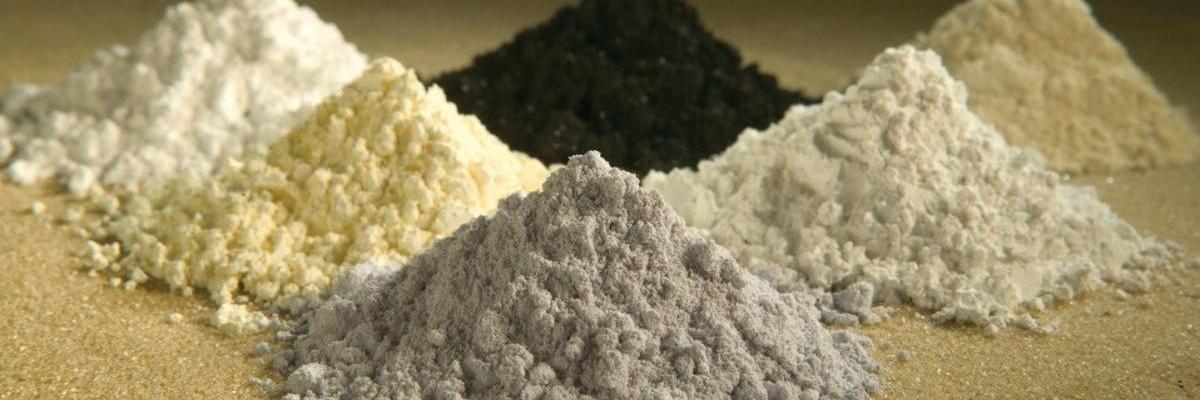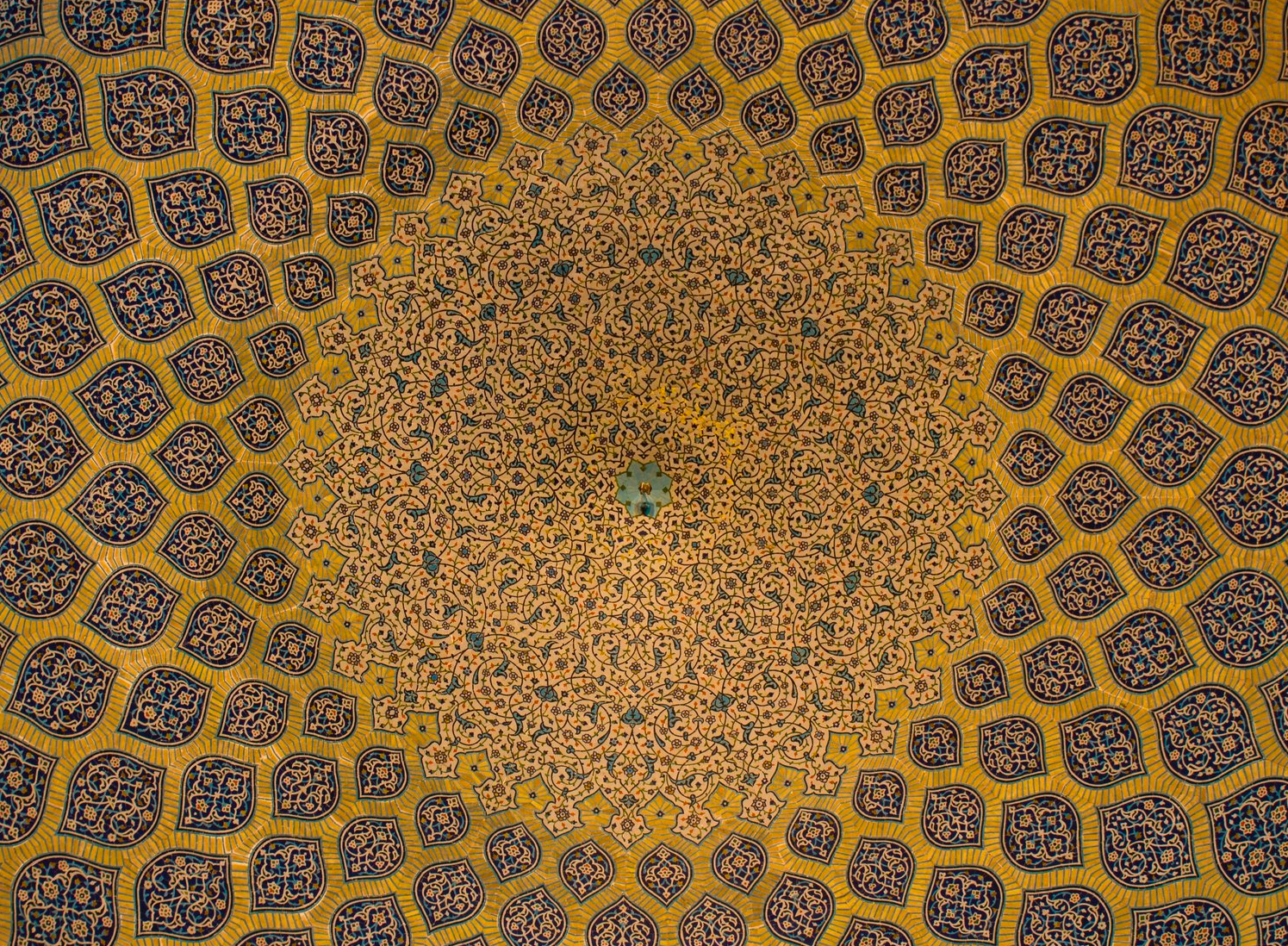Become a member
Get the latest research, news & events on topics and regions that interest you.
Register



Home to an abundant supply of metals and minerals in high demand worldwide, Saudi Arabia is set to become a global leader in the mining sector and a hub for green metal industries. The growth of the mining sector will greatly facilitate the implementation of the Kingdom’s Vision 2030, which calls for significant economic diversification alongside more sustainable energy production.
To do so, the Kingdom has established a dedicated mining fund to invest significantly in the sector. The state-owned company Ma’aden will have a 51 per cent stake in the fund while the Saudi Public Investment Fund will own the remaining 49 per cent. The venture will take non-operating stakes in mining projects around the world, which will guarantee Saudi Arabia direct access to iron ore, copper, nickel and lithium involved in numerous industrial processes. According to a statement published by the two organisations, these investments will provide “critical minerals to ensure supply security for domestic minerals downstream sectors and [position] Saudi Arabia as a key partner in global supply-chain resilience.”
Another significant development has come with Saudi Arabia’s announcement regarding the discovery of “significant quantities” of uranium that it is planning to use to develop its nuclear industry. As Saudi Arabia continues its strategy of economic diversification away from oil, the government is eager to diversify its energy mix. Also, as part of its commitment to addressing climate change, Saudi Arabia has been looking into solutions to diversify its energy mix and decrease carbon emissions. The government intends to rely upon non-carbon based sources to generate at least 50 per cent of its electricity by 2030 with nuclear energy regarded as a significant part of this development. Nuclear energy remains an important aspect of the energy transition and the use of nuclear is a significant part of the Gulf’s efforts at decarbonization.
At the Future Minerals Forum held in Riyadh on 10-12 January, Energy Minister Prince Abdulaziz bin Salman said that his country “intends to utilise its national uranium resources, including in joint ventures with willing partners in accordance with international commitments and transparency standards,” insisting on the government plans to cover the entire nuclear cycle from “the production of yellowcake, low enriched uranium and the manufacturing of nuclear fuel” both for national use and export purposes.
Saudi Arabia is joining a global race to secure minerals that are vital for the development of sustainable energy sources, notably solar panels and electric vehicles. At present, China appears to have a quasi-monopoly on the necessary rare-earth minerals for the development of green energy sources. This has a direct impact on efforts to accelerate the green transition as the necessary raw materials are not easily accessible. The recent discovery of 1 million tonnes of rare earth oxides in Sweden is a significant find but as it will take many years before these minerals will be extracted and entered into the supply chain, it demonstrates the need to embrace diverse sources.
Saudi Arabia’s expansion into the mining industry supports its national efforts to reach its climate goals, and support the national industrialisation strategy unveiled in late 2022. Such efforts contribute to sustainable development in the region, supporting increased economic growth and more jobs for young people.

Get the latest research, news & events on topics and regions that interest you.
RegisterAlready a member ? Log in
Privacy PolicyGet the latest research, news & events on topics and regions that interest you.
Not a member ? Subscribe
Get the latest research, news & events on topics and regions that interest you.
Alreday a member ? Log in
Privacy PolicyEnter your email below to recover your password
Thank you, you will receive an email to change your password
Your password is now updated